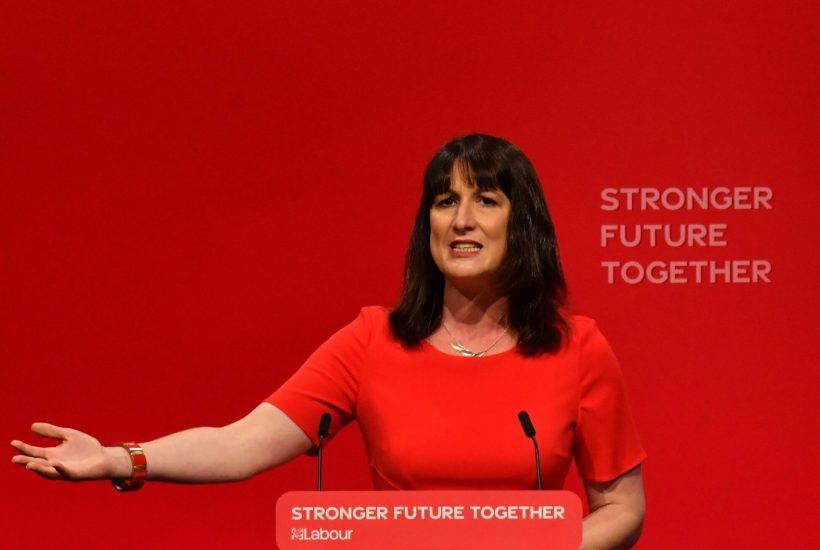Labour avidly disagrees with the Tories’ plan to fill budget gaps by hiking National Insurance. So what would they do differently? This was one of the many tasks Rachel Reeves had today as the shadow chancellor delivered her speech at Labour party conference. Reeves not only had to set out an alternative tax-and-spend policy but also take aim at the financial decisions made by Boris Johnson’s government.
Already a subscriber? Log in
Subscribe for just $2 a week
Try a month of The Spectator Australia absolutely free and without commitment. Not only that but – if you choose to continue – you’ll pay just $2 a week for your first year.
- Unlimited access to spectator.com.au and app
- The weekly edition on the Spectator Australia app
- Spectator podcasts and newsletters
- Full access to spectator.co.uk
Or





















Comments
Don't miss out
Join the conversation with other Spectator Australia readers. Subscribe to leave a comment.
SUBSCRIBEAlready a subscriber? Log in